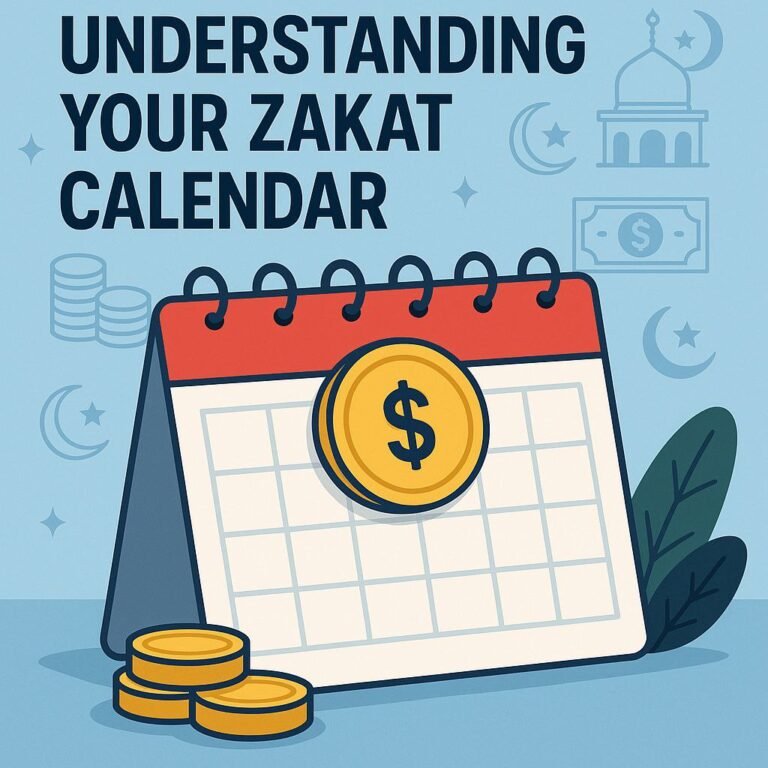Zakat, the obligatory charity in Islam, is a fundamental pillar that purifies wealth and redistributes it to the deserving beneficiaries. For Zakat payers in Sierra Leone, understanding the correct calculation method is crucial to fulfilling this religious obligation effectively. This article advocates for the calculation of Zakat based on the silver standard rather than the gold standard, and emphasizes that the Zakat anniversary is personal to each payer, not limited to the month of Muharram.
The Case for the Silver Standard in Zakat Calculation
The Nisab, the minimum threshold of wealth that makes one liable for Zakat, is traditionally defined by either the value of 85 grams of gold or 595 grams of silver. While both are valid, there is a strong argument for utilizing the silver standard in contemporary Zakat calculations, especially in economies like Sierra Leone.
Historically, the value of silver was closer to the general affordability and wealth distribution of the Muslim community. In modern times, the value of gold has significantly outpaced that of silver. Using the gold standard for Nisab often results in a much higher threshold, meaning fewer people would be obligated to pay Zakat, and a smaller amount of wealth would be circulated to the poor.
By contrast, the silver standard provides a lower Nisab threshold, which aligns more closely with the spirit of Zakat – to alleviate poverty and ensure a wider distribution of wealth. In Sierra Leone, where economic disparities exist, adopting the silver standard would enable more individuals to participate in Zakat, thereby benefiting a greater number of deserving recipients and fostering greater socio-economic balance within the community. This approach ensures that Zakat truly serves its purpose as a tool for social justice and economic empowerment.
Your Zakat Anniversary: A Personal Calculation
A common misconception is that Zakat is due specifically in the month of Muharram. While many Muslims choose to pay their Zakat during the blessed month of Ramadan to maximize rewards, or in Muharram as it marks the beginning of the Islamic New Year, the reality is that your Zakat anniversary is unique to you.
Zakat becomes due on your wealth once it has reached or exceeded the Nisab and has remained in your possession for one complete lunar year (Hawl). This means that each Zakat payer has their own individual Zakat anniversary, calculated from the date their wealth first met the Nisab threshold. For example, if you acquired wealth exceeding the Nisab in Safar, your Zakat would be due in the following Safar, and so on.
It is essential for individuals to keep track of when their wealth reached the Nisab to accurately determine their personal Zakat due date. This personalized approach ensures that Zakat is paid precisely when it becomes obligatory, rather than adhering to a general, albeit common, timeframe.
Conclusion
By adopting the silver standard for Nisab calculation, the Muslim community in Sierra Leone can ensure that Zakat plays an even more impactful role in poverty alleviation and wealth distribution. Furthermore, recognizing that each individual’s Zakat anniversary is unique and not tied to a specific month like Muharram empowers Zakat payers to fulfill their obligations accurately and timely.
Disclaimer: This article is intended for general informational purposes only and should not be considered as professional Zakat advisory services. Zakat calculations can be complex and are dependent on individual financial circumstances. For personalized guidance and accurate calculations, it is highly recommended that Zakat payers in Sierra Leone consult with qualified local Islamic scholars or Zakat specialists.
For Zakat Advisory services please contact:
Rutob Consult
Mobile: +232 32 11 0054 WhatsApp: +232 32 11 0054 email: info@rutobsl.org Website: rutobsl.org



